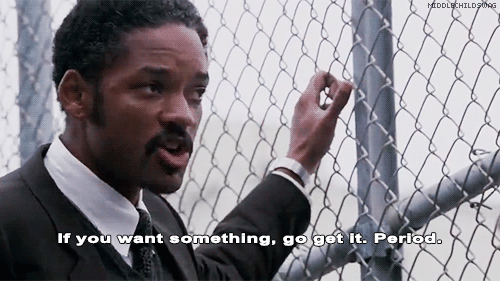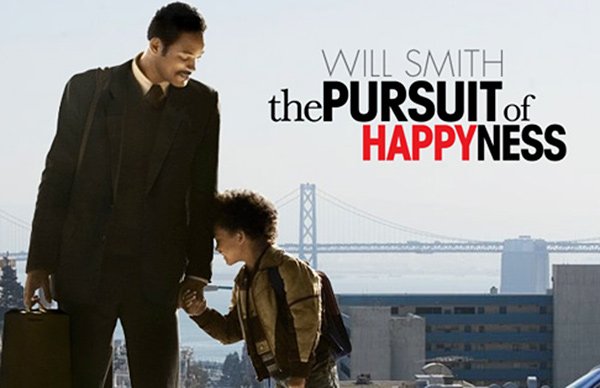Decisions and thoughts
We are not our mistakes, but they certainly mold us. The decisions we make, the achievements and the falls determine our attitude to life, as the cliché would say, is not how many times you fall but the times you can get up. That thought is recurrent, however, failure is something that always produces fear, and fear immobilizes us, stops us and in most cases, makes us go back.We are victims of our own mentality, she is the one that makes us fail even before we started something and she represents our first enemy on the road to innovation and success.
Making a mistake again and again and not changing seems to be part of our nature, that's why I will give examples that ruin our ability to make decisions. Go to a place, ask for something to eat, choose a career and many more things have a certain level of importance. There are certain types of thoughts called cognitive biases that in summary are the pitfalls that our brain makes to make decisions that do not always benefit us.Whether elementary or banal, the decisions we take daily should be effective, but the following types of thoughts often do not allow us to achieve what we want.
he confirmation bias is summed up in that we choose to act based on our beliefs and never question what we do. This skill is easily summarized in the farmer's thinking. The farmer always repeats a pattern, that's the way nature works and so he doesn't look for anything else, while the hunter should always look for a way to innovate to get his food. While our thinking is always based on what we know and we don't question it,Our decisions will be doomed to failure.
This is what is considered "going with the herd". Once an experiment was made in which a certain number of people were formed outside a door, soon the place began to fill, as more people were formed without knowing if they wanted what the line was for. Finally the experiment ended when the first people formed left, evidenced the power that group thinking has on us.
The conformity bias is what makes you eat at a restaurant or watch a movie even if it's not very good. Social pressure is stronger than we think and if we are not careful it can affect important life choices, for example, at the time of determining which race we will study or the work we accept. Conformity can lead to self-censorship which can then be transformed into depression, loss of creativity and more.
On several occasions the success stories are inspiring. Think of the movie "The Pursuit of Happyness," the character played by Will Smith manages to get the job of his dreams and overcome adversity. Instead of seeing the stories of failures, we get carried away by the accomplishments of a small percentage of the population.We prefer fairy tales that true stories with much more crude endings and that makes us think that we can be the case of success. It's not about being negative, but it's realistic.
Many times having followed a path for a long time makes us look for less losses than when we started something new. Being deeply involved with something will make us take fewer risks and be more likely to win rather than lose, even if that is a bad thing in the long run.The profits always come with a great risk, if we decide to look for the losses are less, it is possible that what we win is not the maximum of what we can really achieve if we arriesgáramos a little more. It doesn't mean that you become addicted to big bets, but fear paralyzes, and staying stagnant is another way to die.


